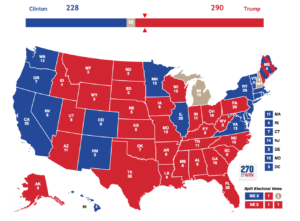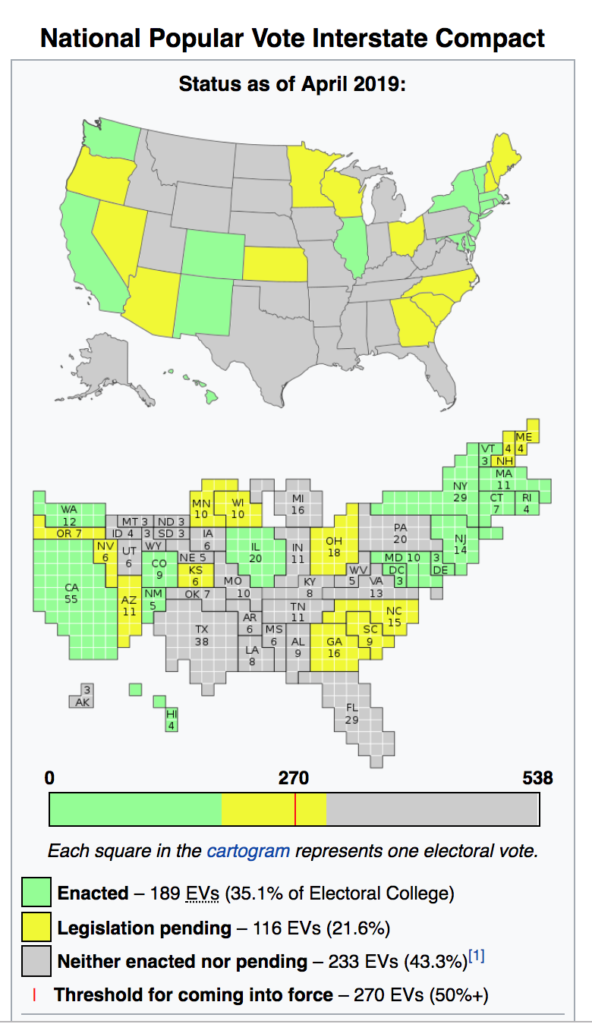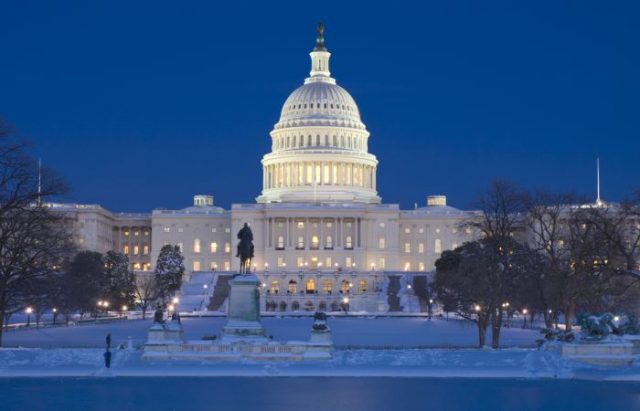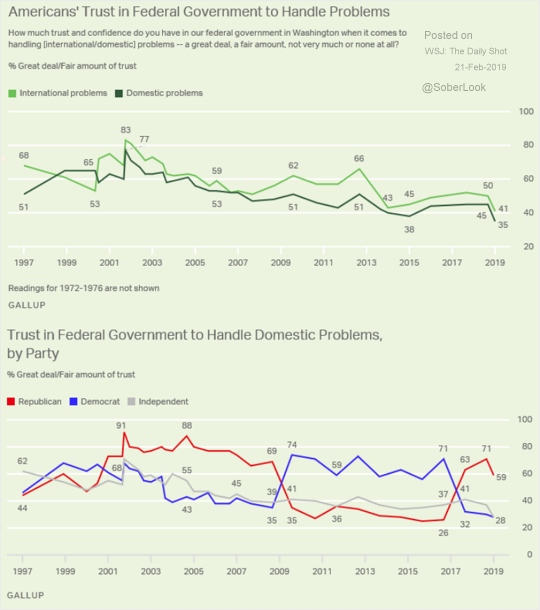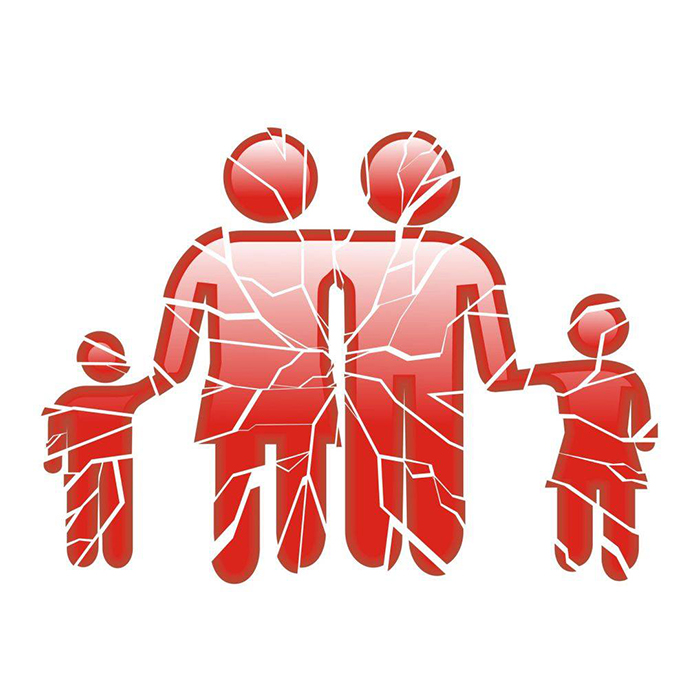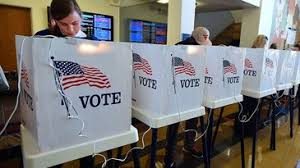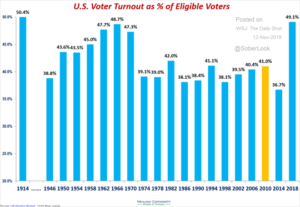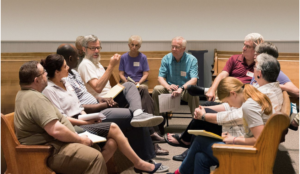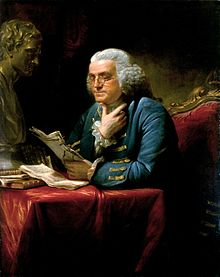(Note: this is a continuing series of key topics to build the foundation of a reboot to our democracy to create an economy that works for all not just the top 1%)
The COVID-19 crisis is causing deep psychological shock combining panic, depression and recession. It is a new type of crisis or ‘panipression’. To create this new word we combined three word stems: pan for all and Greek word for their god of terror in the word panic, press a state of pressing down and sion for state or quality of something. People are stressed, not sleeping well, and worried about their families as in other recessions butnow health is added to their worries. It is a sense of falling, that doesn’t seem to stop. This worldwide virus contagion is incredibly pervasive going right to the heart, soul and experience of every American. The social fabric of our society has been shredded. Now, we are trying to stitch our social fabric back together. Everyday our way of living is turned upside down. The previous ways of doing things have disappeared, instead social interaction has shifted to digital networks. Yet, we are social beings we need to be hugged, touched and feel close together.
The coronavirus pandemic has ‘uncloaked’ the vast gap between the top 1 % in wealth and their safety net versus the free fall of the working class. Our first responders, nurses, doctors, delivery people, grocery store clerks, restaurant attendants, farm workers, meat packing employees and others are putting themselves at risk for us and many of them only make a minimum wage or less with no sick leave. While Wall Street investment banks get low interest loans, or even have the Federal Reserve buy their speculative debt, workers are left with one-time $1200 checks, temporary sick leave and unemployment bonus of $600 ending in eight weeks. Over 31M small business owners of which only 40% are profitable are applying for temporary loans which may be converted into grants if they keep employees on payroll for eight weeks. The virus panipression has stunned consumers to the point where they will be nervous and anxious about going out to stores to shop. Businesses will not rehire workers until they see renewed demand. What happens to the 36M on unemployment assistance when the eight week bonus stops and they are on 60% of their hourly wage for 26 weeks?
So, what is the path ahead? There is in embedded in this crisis an opportunity to transform our democracy into a more secure, resilient society where the economy works for all. What will get us through the convulsions of these times? The foundation of change in our nation has been the American Spirit has served us well through the Civil War, both World Wars, Civil Rights Reform, Vietnam War, and The Great Recession. It is time to renew that spirit and move ahead using it as a compass to navigate our future path in rebuilding our government, economy, education, and society – a reboot to version – P 2.0 (People). Below is a diagram of the key institutions that sustain our democratic values, ideals and functions to serve us:
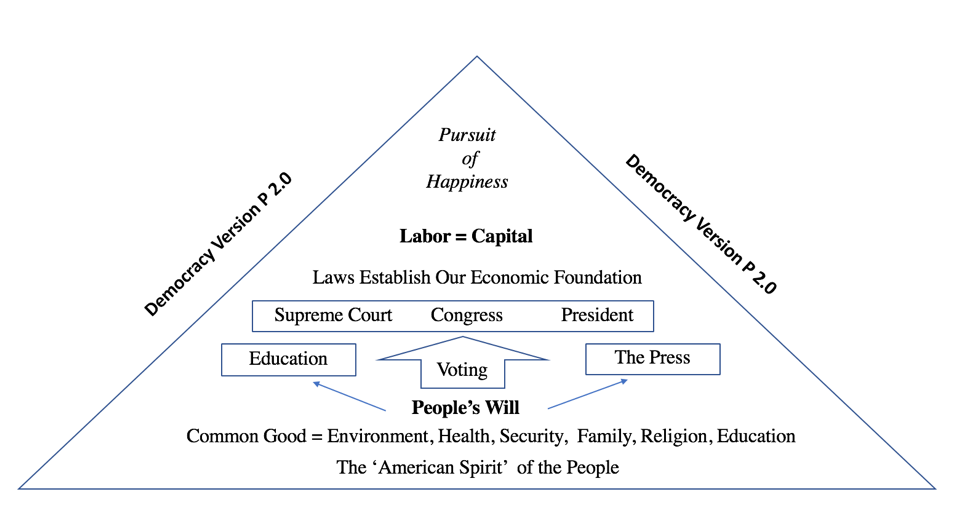
The American Spirit is the foundation of our democracy. The American Spirit is typified by entrepreneurship, hard work, ingenuity, self-sacrifice, innovation, inclusiveness, equal opportunity, freedom of choice, and caring for others.
The American Spirit supports the creation of the Common Good. The Common Good are those values, things or institutions that support the ability of citizens to pursue their dreams from a common base unfettered by imbalances in what all people need to live. We all need clean air, water, and land to live each day. We need good health, a sense of personal safety and economic security. In common we desire that our families be protected, secured and allowed to grow in any way they desire. Our country was founded by those persecuted for their religious beliefs we need to have our religious beliefs respected, tolerated and protected. Core to a well-functioning democracy of citizens making wise choices is a public education system to ensure that every citizen is well educated to make intelligent choices. A well educated citizenry will make good choices voting for those leaders that will implement laws and policies for the common good and welfare of themselves and their country.
Consent of the governed is a guiding principle for our democracy and protected by the Constitution. This consent is carried out by voting, Voting is a right guaranteed in the Constitution and succeeding amendments to all people regardless of race, wealth, religion, or nationality. We will explore how voting has changed in America and future alternatives for safeguarding this core act of democracy.
There are three branches of federal government that sustain our democracy: Supreme Court, Congress, and Executive. Congress has become quite distant from the Will of the People, as well as the objectivity of the Supreme Court. The Executive branch has become a power center all unto itself with limited checks on it power. We will look at ideas for reform that ensure they are focused yet again on the People and the Common Good. Two other institutions are crucial to our democracy. The Press and Education. The Press acts to point a light into the darkness with facts, investigative journalism into the actions of our leaders and ongoing education of our government on our lives. Our educational institutions ensure that we continue to learn, grow and understand our world, ourselves and the universe in a way to build of society and live happier lives. We will look at how to strengthen these institutions and make them more accessible to all and how to support a more civil dialog.
Our federal government establishes laws and policies that establish the rules of our economy. The evolution of the highest concentration of wealth in the top 1% since 1929 has distorted our economy to the extent that the middle class is dwindling and with it the core strength of our democracy. A strong democracy is typified by a vibrant, robust, thriving middle class. The development of growing middle class has to be a goal of our next version of democracy.
The concentration of capital into a few families has left labor out of the benefits of a growing economy. The pandemic has targeted the consumer in ways we never imagined and now threaten the lives of most workers. Our federal government has scrambled to apply a financial band aid to a financially chronically ill workforce. Labor must have equal economic power with capital for a democracy to thrive and renew itself. We’ll look at how to bring labor into equilibrium with capital.
All Americans want to pursue happiness in their own way, whether it be wealth, family life, religious pursuits or service. Our democracy needs to focus on the core values of the American Spirit and ensure they are represented powerfully thorough the institutions that run the day to day operations of our government.
The ideas presented are founded on facts, so you will see a few charts or data references. Yet, each idea will be explained simply so that you as a citizen can be informed and participate in our democracy to your utmost ability. The 2018 election had 49.3% of the electorate vote the highest for a mid-term election since 1914. We would like to see more citizens participate in our electoral process, run of office and use civil dialog in the pursuit of law and policy making. You may disagree with some ideas presented here to get the dialog rolling toward a Democracy version P 2.0, and that’s great. The idea is to move to participation of everyone, not to be ‘right’ yet to be in tune with the American Spirit of progress for every citizen. You will find a focus on identifying a problem by using facts, and much larger focus on solutions. We need more focus on solutions. The solutions then become larger than the problems and we overcome the obstacles to achieving the positive result.
This is a time of unprecedented events. A virus induced panipression like we have never felt before or know what to do about. Yet, we can have faith that by going back to the American Spirit that binds us and unifies us we can all get through this together. To support our institutions that sustain our rights, due process and justice we need to do our duty. We all must take responsibility for forming a more perfect society. We need to participate in the democratic process with all earnestness. Plus, we must trust and obey our leaders when they formulate policies that promote, ensure and build the common good. We need to balance our rights with the duty to ensure the safety, security and happiness of our fellow citizens. Let’s build consensus across all points of view toward a more perfect union Because, on the other side of this transformation we will have a more equitable, just and prosperous democracy that works for all.
Patrick Hill
Sunnyvale, California
May 29, 2020

